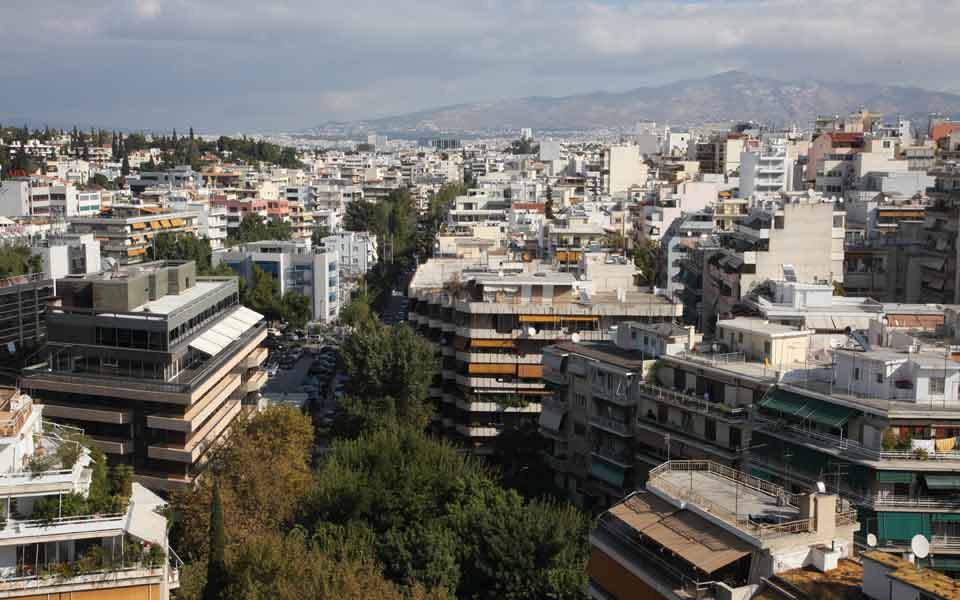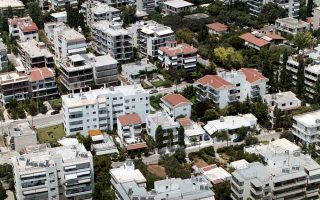Major hikes expected in ENFIA

Property taxes are set to soar by between 3.5 and 22 percent – and in some extreme cases by as much as 62 percent – according to the new zone rates being processed by the Finance Ministry.
Much as the government is trying to avoid adding to taxpayers’ burden from the adjustment of the so-called “objective values” (rates used for tax purposes), this appears inevitable for the time being, with certain areas in downtown Athens in particular being certain to pay a much higher Single Property Tax (ENFIA).
The new objective values for the entire country are due to be announced in early May, despite the fact that the government would rather have them apply as of January 2019 in order to keep this year’s ENFIA unchanged. Greece’s creditors, however, have been firm about the timeline, though an extension has not been entirely ruled out. As one a senior ministry official says, there is always some give-and-take in a negotiation.
Central Athens neighborhoods such as Mets, Koukaki, Petralona, Pangrati (the area near the Panathenaic Stadium), Metaxourgeio and Kerameikos are among those that will see their zone rate rise, according to experts’ recommendations.
Rates will also go up in less expensive areas, including some where the two ruling parties enjoy considerable support. For instance if the rate in Drapetsona, in Piraeus, goes up as recommended, the ENFIA will also rise by 3.5 percent.
Ministry officials admit that it will be very difficult to modify the ENFIA rates, arguing that the tax would have to be abolished altogether and redesigned from scratch. At this stage, they note, the most likely scenario is for ENFIA rates to remain more or less the same, with a small hike of 10 euros. The bigger problem lies in areas where zone rates will climb from 1,100-1,200 euros per square meter to 1,500-1,600 euros/sq.m., raising the ENFIA tax by 21.6 percent, as will be the case in some areas of Mets and Pangrati.
The same officials say it is very likely that owners will have pay the higher tax for a year and then it will be abolished in 2019. The final decision, however, rests with the finance minister and prime minister.





